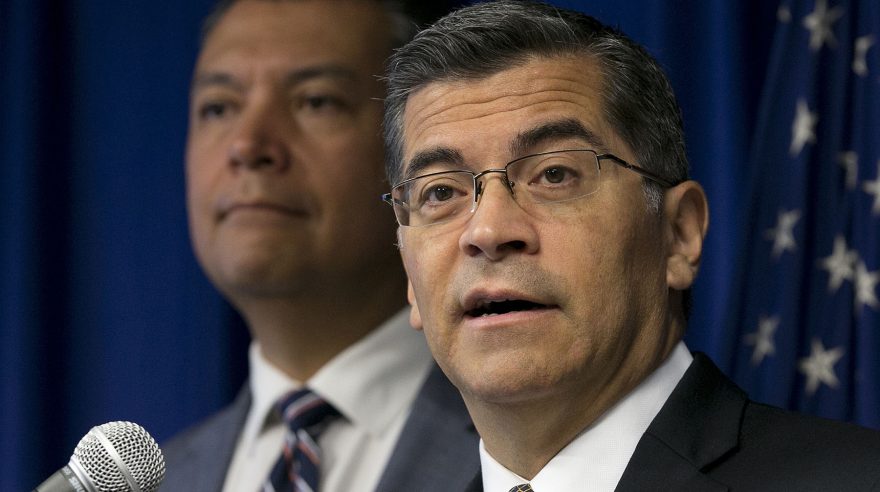State Attorneys General Sue to Block FCC’s Repeal of Net Neutrality

Attorneys general from more than 20 states are suing to block the Federal Communications Commission from repealing “net neutrality,” arguing that the agency’s actions run afoul of the law and the rulemaking process.
The lawsuit, filed in the U.S. District Court of Appeals in the District of Columbia, describes the FCC order, approved last month after a sweeping public debate, as “arbitrary, capricious, and an abuse of discretion.”
The action by the state attorneys general was not unexpected. A number of Democratic policymakers in the states had voiced strong objections to the FCC’s order, championed by the agency’s Republican chairman, Ajit Pai, who was named to the post by President Trump.
In addition, a group of mostly Democratic U.S. Senators is seeking to overturn Pai’s order, though that effort may face long odds.
The states’ “protective petition for review” offers few details on the specific grounds for the challenge. It claims the FCC’s order violates the U.S. Constitution, the Communications Act of 1934, and requirements for public notice and comment.
In a statement, California state Attorney General Xavier Becerra argued that the FCC’s order improperly seeks to limit the ability of California and other states to impose their own policies on net neutrality.
“Internet access is a utility—just like water and electricity,” said Becerra, a former U.S. Democratic congressman. “And every consumer has a right to access online content without interference or manipulation by their internet service provider…In repealing the net neutrality rules, the FCC ignored consumers’ strong support for a free and open internet.”
Net neutrality is the idea that internet traffic should be treated equally by internet service providers, regardless of the source of content, without the establishment of fast-and-slow lanes.
The FCC’s Dec. 14 order repealed earlier rules approved during the Obama administration that were meant to protect net neutrality. Those rules prevented internet service providers from blocking or throttling content, and from engaging in “paid prioritization,” or assigning content to fast lanes based on monetary arrangements.
Some school and library officials fear that the loss of net neutrality could slow or block the delivery of valuable online content to K-12 systems. Others worry that ISPs could prevent smaller online education companies from bringing valuable, innovative products and ideas to schools.
Pai and the panel’s new Republican majority, however, have argued that the Obama-era rules amounted to an overreach by the federal government and thwarted innovative business practices by internet providers. There was little evidence that internet service providers’ policies hurt consumers before the Obama-era rules went into effect, and there is nothing to fear now, Pai says.
It is “time for us to bring faster, better, and cheaper internet access to all Americans,” the chairman said last month. “The sky is not falling, consumers will remain protected and the internet will continue to thrive.”
An FCC spokesman said the agency would decline comment on the new states’ lawsuit.
Legislators in a number of states have proposed measures asserting their states’ right to protect the flow of internet traffic, independent of FCC action.
The FCC has responded by arguing that federal law, and the language of the agency’s order, pre-empt state and local challenges to the order.
Photo: California Attorney General Xavier Becerra. (AP Photo/Rich Pedroncelli)
Follow EdWeek Market Brief on Twitter @EdMarketBrief or connect with us on LinkedIn.
See also:
